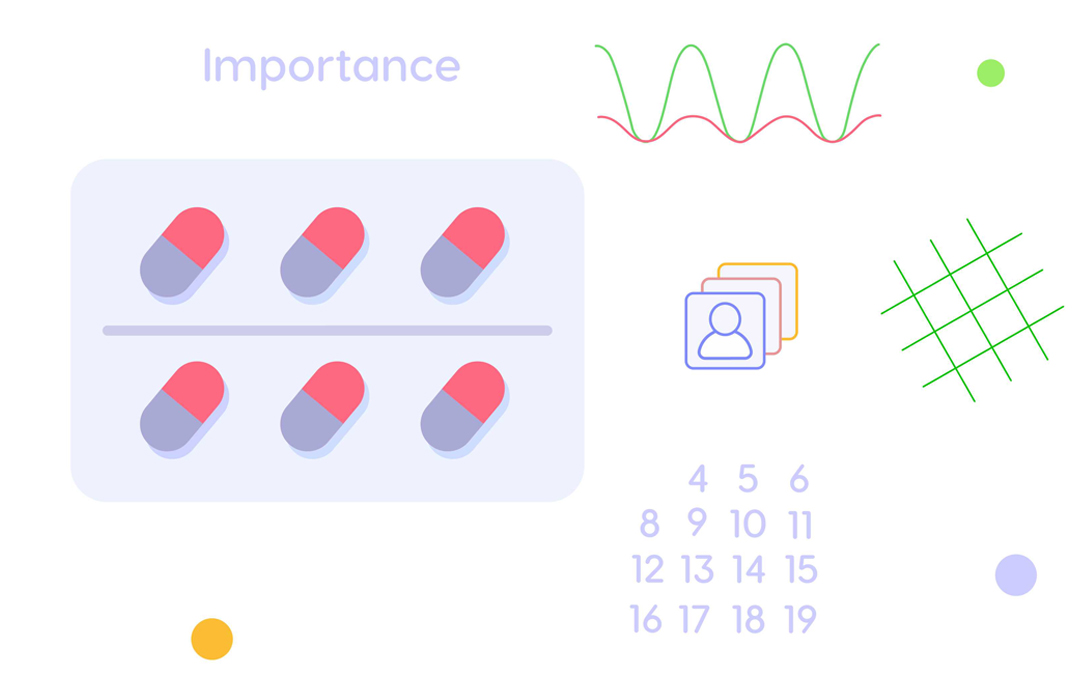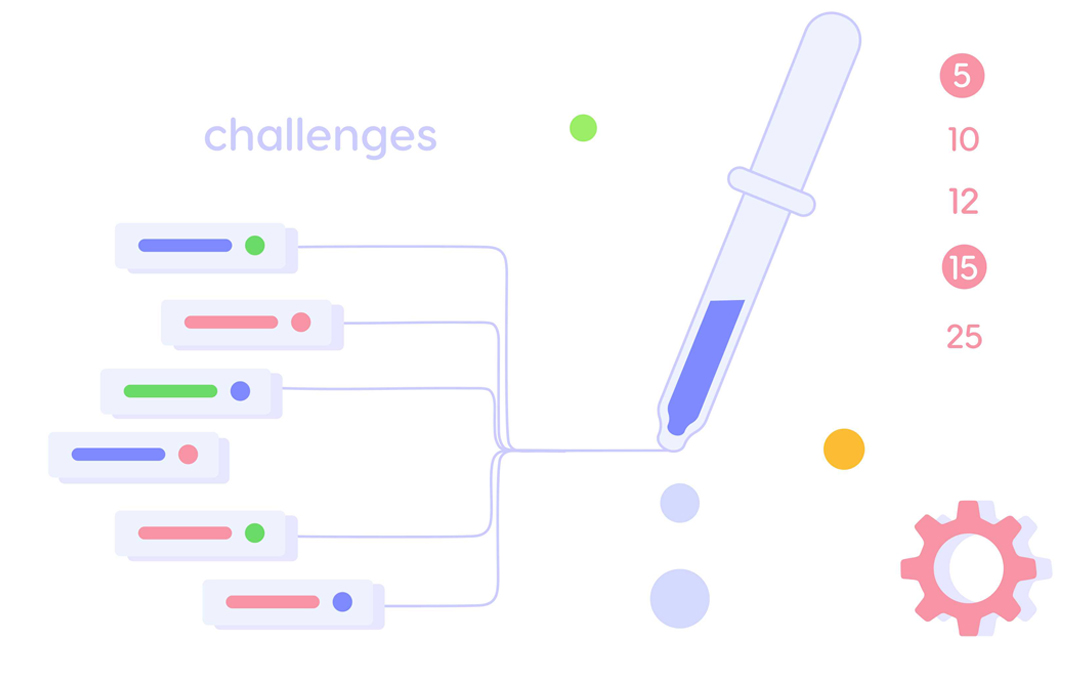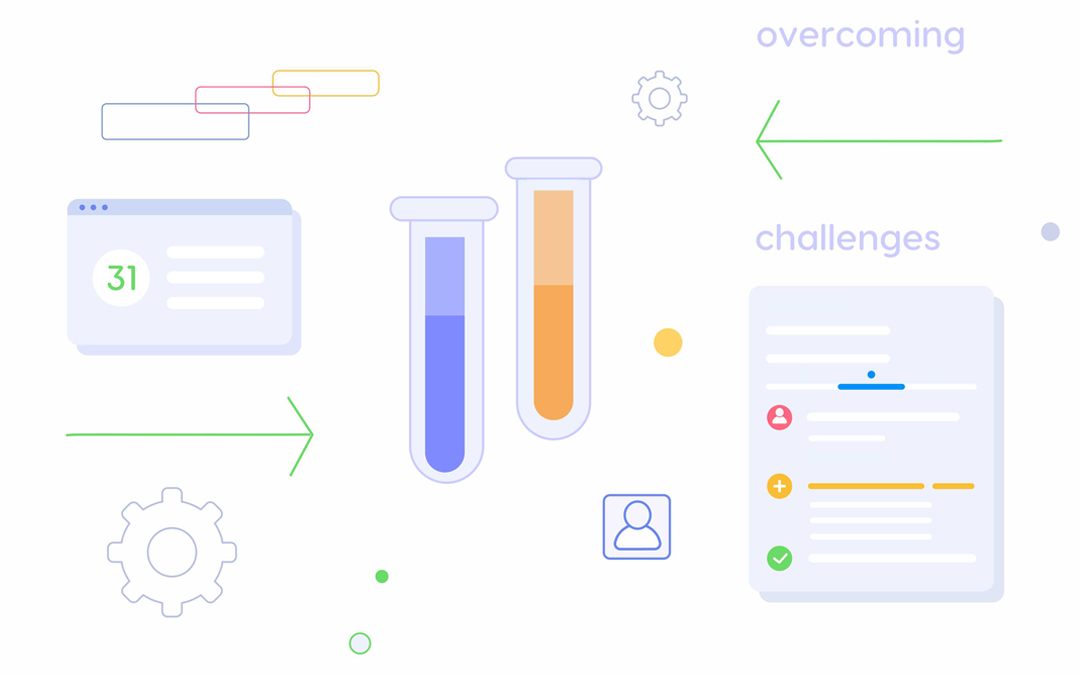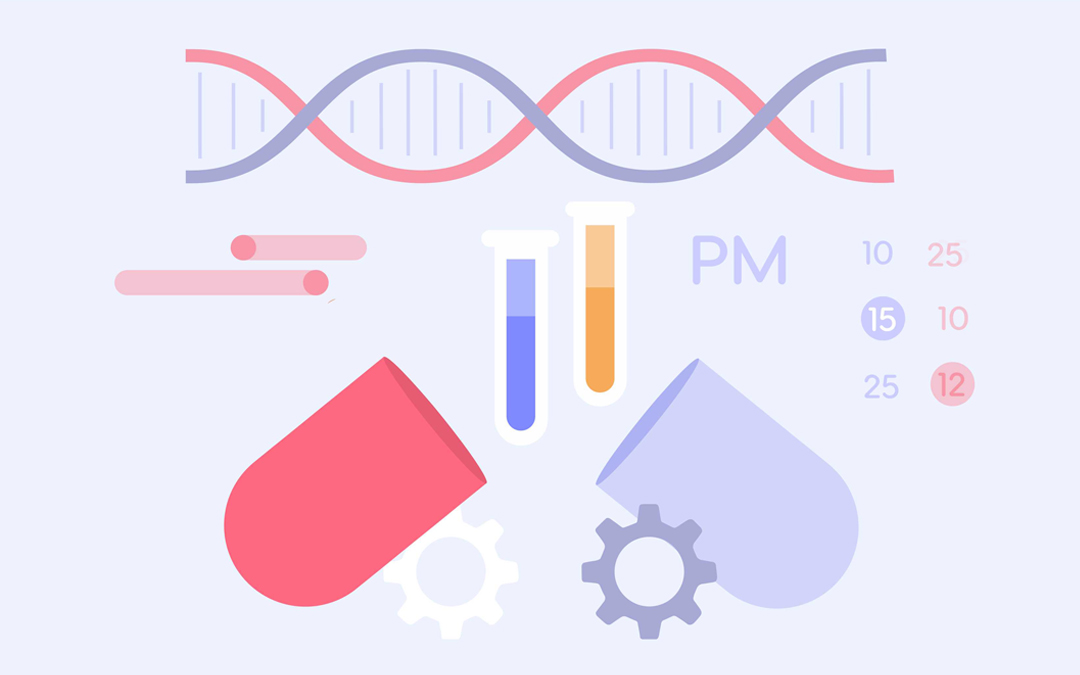The pharmaceutical industry is on the guard of people’s health and well-being. At the same time, it faces numerous complexities, challenges, and risks that can hamper the implementation of the main mission of the domain—making people healthier and saving lives. Read the article to learn the peculiarities of pharmaceutical project management, the key challenges these projects face, and how you can overcome them with a robust project management tool.
Specifics of Pharmaceutical Projects
To be able to manage pharma projects effectively, you should understand their specificity. Pharmaceutical projects are endeavors related to the drug development process, starting from drug discovery to the final approval of a new medication. Let’s take a closer look at the main types of projects the pharmaceutical industry deals with.
- Drug discovery and development.
These projects aim to identify candidates for new drugs. They also involve preclinical and clinical trials, testing, and regulatory approvals. Projects of this type involve extensive research and have extended timelines.
- Clinical trials.
This type of pharma projects involves testing newly developed drugs to make sure they are safe, effective, and comply with required regulations. These projects are implemented in phases with increasing complexity and amount of data to analyze.
- Regulatory compliance.
The pharmaceutical industry has strict standards and regulations for drugs. So, some pharma projects involve implementing processes and preparing documentation to ensure the newly developed medications comply with all necessary standards.
- Drug manufacturing.
These projects deal with the actual production of drugs once they are approved. These projects also involve work coordination at manufacturing facilities, managing material resources and equipment, ensuring quality control, etc.
Importance of Project Management for Pharmaceutical Industry

Project management is a convenient way to manage various initiatives and endeavors; it helps plan, organize, monitor progress, allocate resources, and manage risks. Let’s review how effective pharma project management optimizes the completion of endeavors in the industry, helps address their complexity and overcome constraints.
Reducing projects’ lead times
Pharma projects are often long-term. Effective project management makes it possible to reduce timelines thanks to increasing resource efficiency as well as eliminating bottlenecks and inefficiencies.
More effective resource utilization
Intelligent resource management is part and parcel of effective project management. It involves the proper allocation of human and material resources, monitoring and optimization of their utilization. The importance of resource management increases when a company manages multiple concurrent projects or project portfolios.
Effective risk management
Pharmaceutical activities are vulnerable to risks. Risk management is an integral part of the project management process, which helps pharmaceutical companies identify possible threats and opportunities and develop strategies to respond to risk-bearing situations. Proper risk management increases the effectiveness of pharmaceutical activities thanks to eliminating roadblocks and taking advantage of opportunities.
Improved budget management
Drug development and related processes are rather costly. Project management helps pharmaceutical companies monitor and control the budget allocated for these activities, prevent cost overruns by increasing resource efficiency and streamline workflows.
Enhanced collaboration
Pharmaceutical activities and processes require collaboration between diverse experts. The project management process contributes to effective communication and collaboration between these specialists and increases the effectiveness of their joint efforts in developing and delivering new drugs.
Despite the numerous benefits of project management for the pharmaceutical industry, it’s sometimes easier said than done. Read the next section to discover the main difficulties of pharmaceutical project management.
Challenges in Managing Pharmaceutical Projects

Understanding the specific challenges of pharmaceutical projects will help you manage them more effectively. These challenges are explained by the highly regulated, time-sensitive, and complex nature of drug development. So, here are the main difficulties you may face in pharma projects.
Project complexity
Pharma projects involve research, regulatory approval, manufacturing process, administering supply chains, etc. These processes can be interdependent and require thorough coordination. In addition, clinical trial projects are characterized by increased complexity, as they require time for patient recruitment, may involve unforeseen challenges (e.g., adverse reactions or unforeseen outcomes), have to meet regulatory requirements, are costly, etc.
Compliance with regulations
The need to comply with strict requirements and standards is part and parcel of pharmaceutical projects. This becomes a complexity, as each regulatory body has their own rules for drug development stages, which may result in additional delays and costs. In addition, these requirements are regularly updated, which poses the need for pharmaceutical companies to stay up-to-date with these changing standards.
High risks and uncertainty
Pharmaceutical projects are subjected to various risks: supply chain disruptions, issues during clinical trials, safety concerns, unpredicted effects of new drugs, implementing innovations, etc. These risks may lead to significant delays, increased project costs, or even project failure.
Managing distributed project teams
Pharma projects often involve the collaboration of specialists from various fields of knowledge: researchers, regulatory experts, manufacturing professionals, marketers, quality assurance specialists, etc. Project managers should ensure proper communication and collaboration between these experts for the seamless flow of pharmaceutical projects.
Long duration
Pharma projects, especially when it comes to drug development, can last for years or even decades, which is explained by the need for extensive testing and regulatory approval. This becomes a challenge, as a lot of factors affecting project success can change during this period. At the same time, pharmaceutical companies face severe competition with each other for being first to market. These conflicting factors create a real challenge for pharmaceutical companies and project managers.
The need for faster delivery
Pharmaceutical companies face severe pressure to deliver their projects on time. First, it’s explained by competition with other companies; delayed projects result in significant financial losses and missed opportunities. Second, pharma project delays can lead to patent expiration, which means that a company will no longer have the right to market the drug it has developed. So, despite the complexity and constraints of pharmaceutical projects, managers should make every effort to complete them on time.
Now that the main challenges of pharmaceutical projects are clear, let’s consider how they can be solved with the right project management software.
Overcoming Challenges in Pharmaceutical Projects with Project Management Software

Before we consider the opportunities provided by pharmaceutical project management software, we’d like to outline some steps that will help you address the above-mentioned challenges.
- Plan for risks and uncertainties.
- Prevent and eliminate bottlenecks.
- Increase resource efficiency.
- Enhance communication and collaboration.
- Regularly monitor and control project and resource performance.
- Make decisions based on data analysis.
Of course, implementing all these measures will be challenging without the assistance of the right project management tool. So, let’s look at opportunities provided by Epicflow, a multi-project resource management software designed for managing multiple complex projects with shared resources.
1. Data-driven project planning.
Epicflow makes it possible to create coherent project plans based on forecasts and scenario analysis. As a result, you can develop realistic plans taking into account all existing constraints, which will help you prevent unpleasant surprises in the workflow. For example, before starting a new project, you can assess its feasibility, find out resource capacity, and come up with manageable timelines.
2. Intelligent resource management.
Epicflow’s AI-powered system optimizes resource allocation: it helps assign resources based on their skills, capacity, and availability, which guarantees that key resources—whether human or material—are available where they are needed most. This helps avoid resource bottlenecks and ensures that all project phases run smoothly.
3. Managing dependencies and interdependencies
Pharma projects often consist of multiple interrelated phases that may overlap across multiple projects. Epicflow provides a clear overview of all project dependencies and timelines, helping managers monitor the project flow, identify potential bottlenecks, and ensure that critical activities are executed in the correct sequence.
4. Real-time data tracking.
Epicflow’s real-time tracking capabilities provide project managers with immediate insights into project progress, bottlenecks, budget consumption, and resource utilization. This facilitates more effective decision-making and helps managers quickly respond to any issues, e.g., delays in clinical trials, supply chain challenges, etc.
5. Risk mitigation.
Pharmaceutical projects face many risks and uncertainties, from regulatory delays to unexpected side effects in clinical trials. Epicflow’s What-if Analysis feature allows project managers to simulate different scenarios, analyze their consequences, and develop contingency plans, reducing the impact of risk-bearing events.
6. Identifying and eliminating bottlenecks.
Eliminating bottlenecks in the workflow is one of the cornerstones of Epicflow’s approach. Our system has features that can forecast and detect bottlenecks, identify their causes, and offer ways to address them. Moreover, our AI assistant Epica can give early warnings of bottlenecks and suggest measures to eliminate them. With this approach, you can streamline project work, prevent project delays, and significantly increase resource efficiency.
7. Effective collaboration.
Epicflow allows project teams to collaborate effectively. It provides all project participants with a unified platform for tracking tasks, milestones, progress, resource performance, and other project-related information. It also helps project managers coordinate activities between cross-functional teams and provide every project participant with a single source of truth, which contributes to more effective work on projects.
Therefore, leveraging Epicflow for pharmaceutical projects will help address their complexity, overcome challenges, increase resource efficiency, effectively manage risks, and more. You can book a call with our specialists to learn about more opportunities Epicflow provides to ensure the achievement of project goals by pharmaceutical companies.
Conclusions
- Pharmaceutical projects deal with drug development stages: drug discovery, clinical trials, regulatory compliance, drug testing, and manufacturing.
- Project management in pharma industry helps overcome the complexities of pharma processes. Detailed project planning, risk and resource management, and cross-departmental collaboration allow pharmaceutical companies to enhance project outcomes and bring drugs to market faster.
- Pharmaceutical projects face the following challenges: project complexity, regulatory compliance, high risks and uncertainty, long duration, resource management difficulties, and pressure for fast delivery.
- Project management tools like Epicflow help pharma companies streamline the work on projects, manage resources effectively, address risks, and ensure the success of even the most complex pharmaceutical projects.

